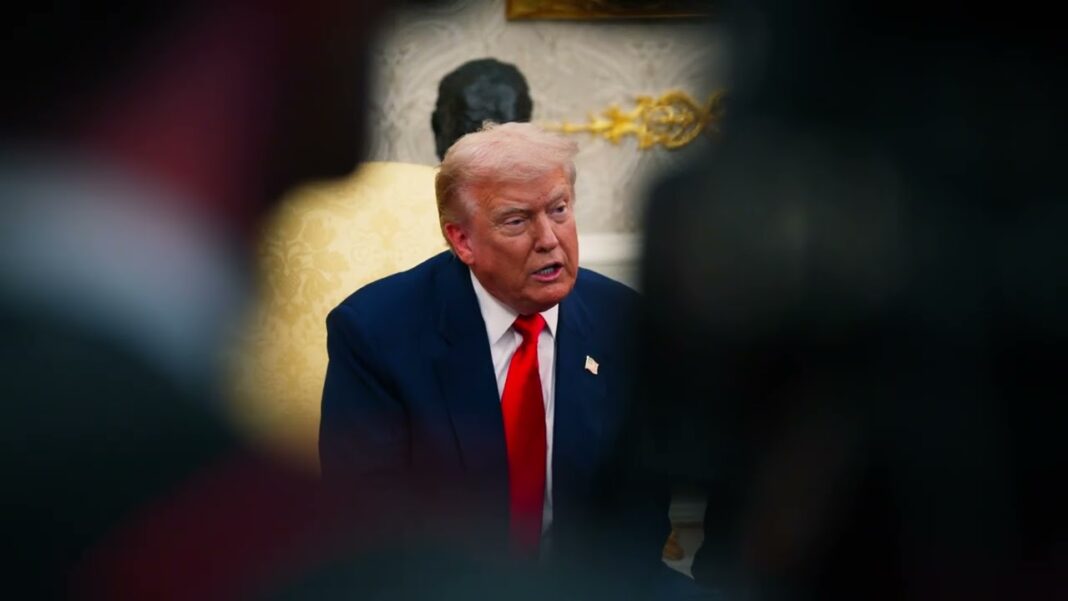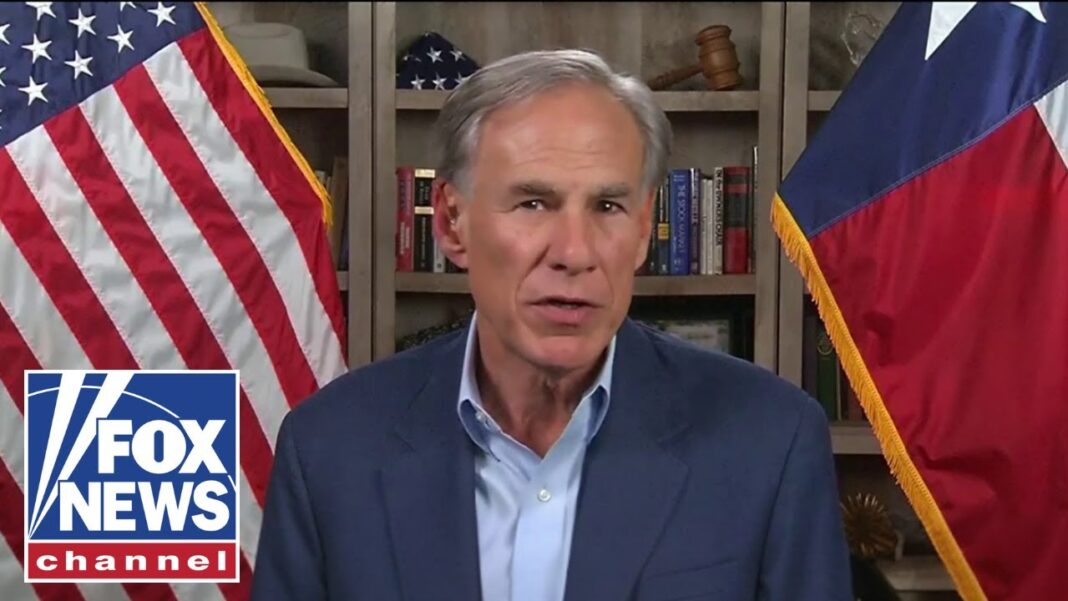Declan Ganley wants to create a space-based alternative to the current internet and cut reliance on vulnerable undersea cables.
Some 600 miles from Earth, a satellite constellation circles, ferrying data at the speed of light.
This is Declan Ganley’s vision for Outernet, a self-sustaining data ark in space that promises to host the most vital global digital communications—a backup internet.
Every existing global communication network, including Starlink, currently passes through the internet—a porous “public highway” rife with malicious threats, according to Ganley, CEO of telecom firm Rivada Networks.
The Outernet, on the other hand, is “completely self-contained”: The signals stay in space, traveling through laser-linked satellite networks directly to users, bypassing traditional ground infrastructure.
It’s a “game changer,” the fastest network in existence, with data sovereignty assured, he told The Epoch Times.
To conquer the sky, Ganley has been fighting a fierce legal battle on Earth.
His adversary is the Chinese Communist Party, which has identified outer space as a new frontier for global dominance.
Three years in and about 160 legal exchanges later, Ganley said he’s pressing on.
“We will fight every lawsuit that the Chinese bring, as we have done,” he said. “We will win them all, as we have been doing.”
Backed by tech billionaire Peter Thiel and with a contract to serve the U.S. Navy, the Outernet is set to deploy 600 satellites in early 2026, and Ganley said the Chinese regime is working hard to ensure that doesn’t happen. He said his opponents have hinted that the lawfare decision “goes right to the top.”
Ganley has a vested interest in having the Outernet adopted far and wide. But the case for a second internet backbone is also real. The undersea cables that thread together modern civilization are inherently vulnerable. Should a bad actor decide to cut those cables, the internet goes down.
In such a global emergency, a data network that survives would be beyond value.
If the Chinese authorities can’t own that network, “they want to make sure that nobody else has it,” Ganley said.
And so for Beijing, the best strategy is to kill it in the cradle.
By Eva Fu and Jan Jekielek







